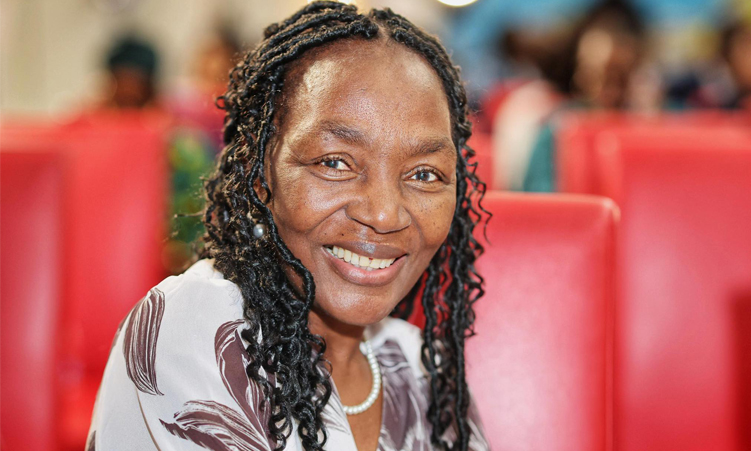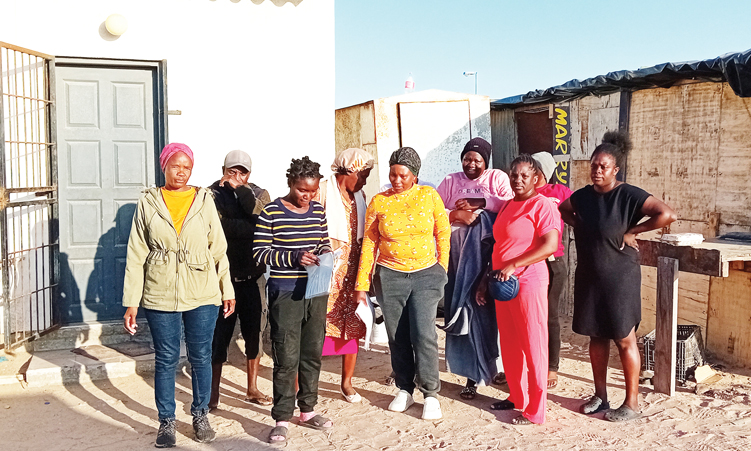Minister of health and social services Kalumbi Shangula says Benylin paediatric syrup, which has been recalled by the South African Health Products Regulatory Authority (Sahpra), is currently not registered in Namibia.
This comes after Sahpra received a report from the Nigerian National Agency for Food and Drug Administration and Control (Nafdac) regarding the detection of high levels of diethylene glycol in a batch of Benylin paediatric syrup on 10 April.
“The Namibia Medicines Regulatory Council (NMRC) confirmed with the product manufacturer, Johnson & Johnson, that no batches of Benylin paediatric syrup have been distributed to the Namibian market,” Shangula says.
He says the ministry is aware of the matter, and is continuously liaising with the NMRC secretariat to stay up to date with all developments.
Sahpra has identified the affected batch numbers as 329304 and 329303.
These batches have been distributed to South Africa (SA), Eswatini, Rwanda, Kenya, Tanzania and Nigeria.
Batch number 329304 was manufactured in SA in May 2021 and was marked with an expiry date of April 2024.
“Batch recalls are batch-specific and do not necessarily apply to other batches or similar products . . . The public is reminded that the recall is limited to two batches and should not panic regarding the range of products bearing the same name,” reads the Nafdac report.
Sahpra is alerting healthcare professionals and the public to discontinue the use of the two batches mentioned, remove them from their inventory and return them to their normal distribution channels with immediate effect.
According to the South African Government News Agency (SA News), diethylene glycol is toxic to humans when consumed and can prove fatal.
“Toxic effects can include abdominal pain, vomiting, diarrhoea, the inability to pass urine, headache, an altered mental state and acute kidney injury, which may lead to death,” says SA News.
Benylin, a red raspberry-flavoured cough syrup packed in 100ml amber bottles, is used to relieve coughs, congestion, hay fever and upper respitory allergies.
Meanwhile, drug regulators in Tanzania and Zimbabwe are the latest to have recalled the syrup as a precautionary measure, although Zimbabwe’s Medicines Control Authority says there was no record of the syrup being imported into the country.
Following Nafdac’s recall of the affected batches, Kenya’s pharmacy board ordered a halt in the sale of the syrup.
It was then followed by drug authorities in SA and Rwanda, which recalled the syrup during the weekend.
Diethylene glycol has been linked to the recent deaths of dozens of children in Cameroon and The Gambia.
Kenvue, which now owns the Benylin brand, says it is collaborating with authorities and conducting its own tests, Reuters news agency reports.
– Additional reporting BBC
Stay informed with The Namibian – your source for credible journalism. Get in-depth reporting and opinions for
only N$85 a month. Invest in journalism, invest in democracy –
Subscribe Now!










